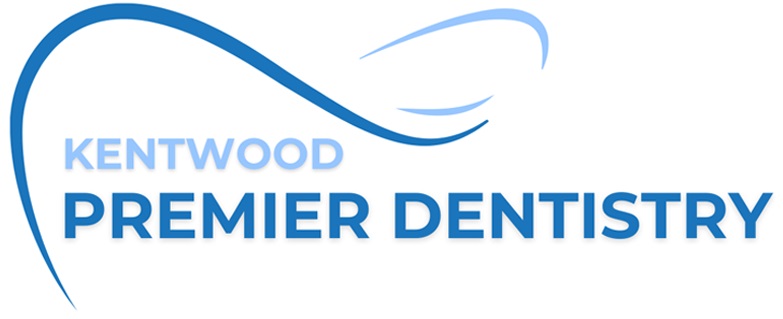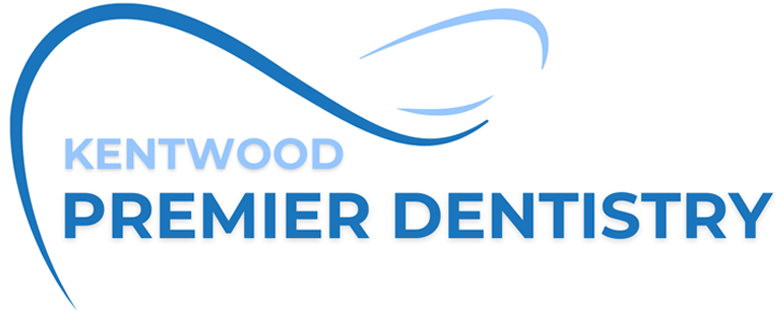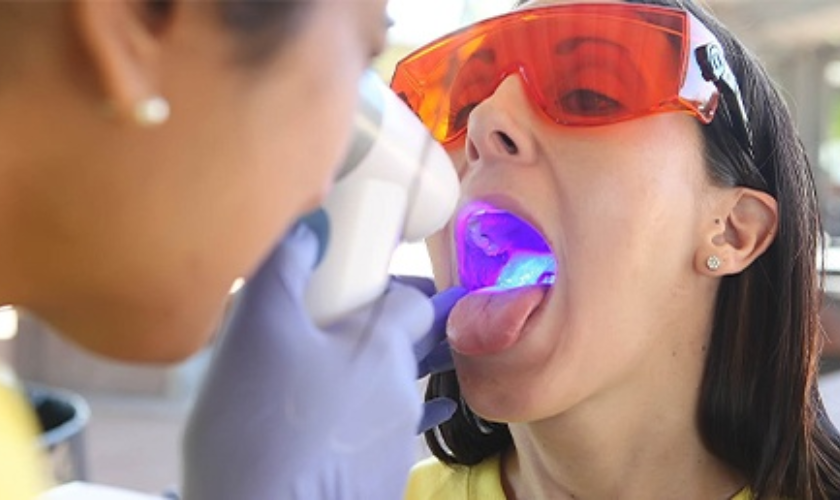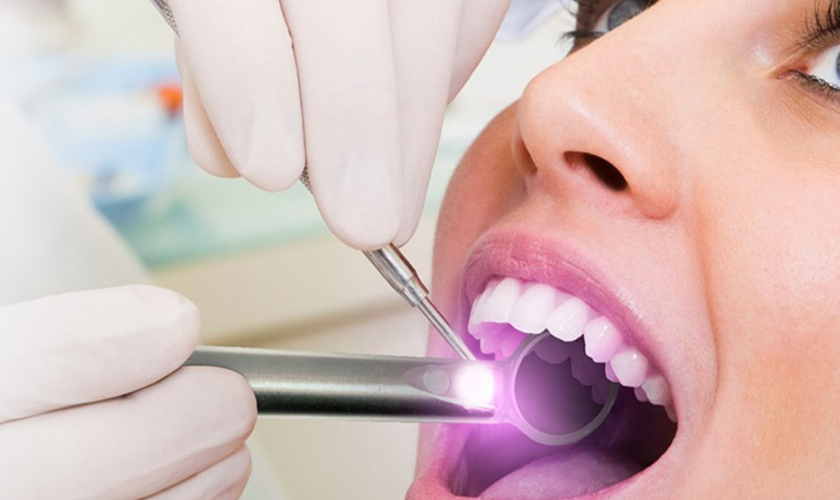Kentwood, MI

Oral Cancer Screening For High-Risk Patients: Who Should Be Tested?
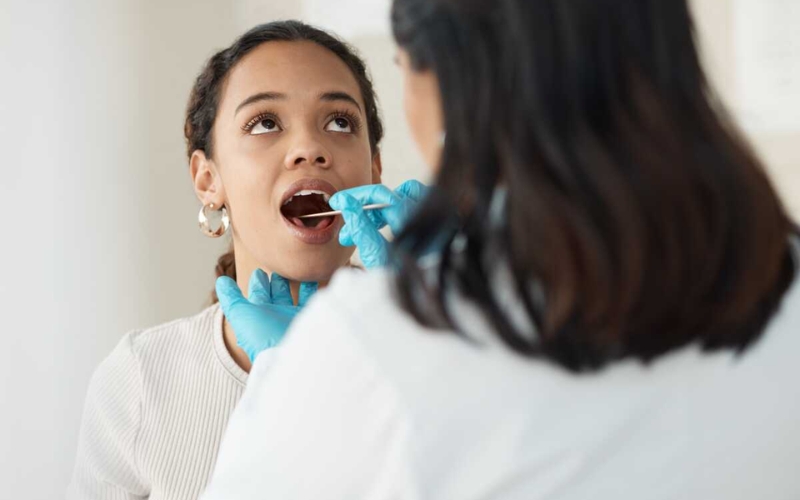
Oral cancer, which affects the lips, tongue, cheeks, and throat, often goes undetected until it’s in an advanced stage. Early detection through screening can significantly improve outcomes, making it crucial for those at high risk to undergo regular screenings. But who qualifies as a high-risk patient?
In this blog, we’ll explore what puts certain individuals at higher risk for oral cancer, what to expect from screenings, and why early detection is so important.
Oral Cancer: A Brief Overview
Oral cancer originates in the mouth and can quickly spread to surrounding tissues if not detected early. It’s commonly caused by cell mutations due to environmental factors and lifestyle choices. Symptoms can be subtle, often leading people to overlook early warning signs, which makes screening all the more important for those at high risk.
Signs & Symptoms
Early detection is the way to effective treatment, and recognizing the warning signs can prompt timely medical intervention. Oral cancer screening spots issues early on, increasing the likelihood of successful outcomes. Here are some symptoms that may indicate oral cancer:
- Persistent sores or ulcers in the mouth that do not heal.
- Red or white patches inside the mouth.
- Lumps or thickening of tissue in the mouth or neck.
- Difficulty swallowing or feeling like something is stuck in the throat.
- Unexplained weight loss.
- Numbness or loss of sensation in the mouth or face.
- Persistent sore throat or hoarseness.
Who Is Considered High-Risk for Oral Cancer?
While oral cancer can affect anyone, certain individuals face a higher likelihood of developing it due to specific lifestyle habits, medical conditions, or family history. Here’s a breakdown of the primary high-risk groups:
1. Tobacco Users
- Both smoking and smokeless tobacco increase oral cancer risk.
- This includes cigarettes, cigars, pipes, and products like chewing tobacco and snuff.
2. Heavy Alcohol Consumers
- People who consume excessive amounts of alcohol are at a significantly higher risk.
- The combination of alcohol and tobacco increases the risk even more, as these substances work synergistically to damage oral tissues.
3. Individuals with HPV (Human Papillomavirus)
- HPV, specifically HPV-16, is associated with an increased risk of oropharyngeal cancer.
- HPV-related oral cancers are more prevalent among younger individuals who may otherwise be at low risk.
4. People with a Family History of Cancer
- A genetic predisposition to cancer can increase one’s risk of developing oral cancer.
- Family history of any cancer, especially head and neck cancers, warrants regular screenings.
5. Individuals with Weak Immune Systems
- People with compromised immune systems, such as those on immunosuppressive drugs or with HIV/AIDS, have a higher risk.
- A weakened immune system can make the body less effective at combating precancerous cell mutations.
6. Those with a History of Oral Cancer or Precancerous Lesions
- Anyone who has had oral cancer or precancerous lesions in the past is at increased risk of recurrence.
- Regular follow-ups and screenings are essential for monitoring any new or recurring symptoms.
Importance of Oral Cancer Screening
For high-risk patients, routine oral cancer screenings can be a lifesaver. Here’s why screening is critical:
- Early Detection Saves Lives: Early detection can increase survival rates by allowing treatment before cancer spreads.
- Improves Treatment Outcomes: Catching oral cancer at an early stage often means less invasive treatments and better overall outcomes.
- Prevention of Spread: Regular screening helps detect precancerous lesions, allowing healthcare providers to remove or treat these areas before they turn cancerous.
What To Expect During an Oral Cancer Screening?
An oral cancer screening is typically a simple, painless process. Here’s what happens during a standard screening:
- Visual Examination
- The dentist or specialist will inspect the mouth, gums, tongue, and throat for abnormalities.
- They may use light or magnification tools to get a clear view.
- Physical Examination
- The practitioner may feel around the mouth, neck, and jaw to check for lumps or unusual masses.
- Lymph nodes in the neck area may also be palpated for swelling or tenderness.
- Additional Testing (if Necessary)
- If anything unusual is found, additional tests like a biopsy or advanced imaging (such as a CT scan) may be recommended.
- Some screenings may also include the use of dyes or special lights that highlight abnormal cells in the mouth.
- Consultation on Lifestyle Changes and Risk Factors
- Based on the screening results, our dentist might offer advice on reducing risk factors, such as quitting smoking or cutting down on alcohol.
Why Do Regular Screenings Matter for High-Risk Patients?
For high-risk individuals, oral cancer screening should be done annually or as frequently as recommended by a healthcare provider. Here’s why it’s so important to stick to a screening schedule:
- High Rates of Recurrence: Patients with past oral cancers are particularly susceptible to recurrence and need consistent monitoring.
- Early Detection in High-Risk Groups: Since symptoms can be subtle, even high-risk individuals might not notice them. Regular screenings catch issues early on.
- Improved Quality of Life: Screening and early intervention can prevent cancer from advancing, reducing the need for intensive treatments and maintaining quality of life.
Practical Tips To Reduce Oral Cancer Risk
Although screening is essential, you can also take preventive measures to lower your risk:
- Quit Tobacco: Eliminate or reduce tobacco use in all forms.
- Limit Alcohol Intake: Stick to moderate drinking guidelines to reduce the synergistic risk.
- Maintain Good Oral Hygiene: Regular brushing, flossing, and dental checkups help keep your mouth healthy.
- Adopt a Healthy Diet: A diet rich in fruits and vegetables provides essential antioxidants that can protect cells from mutations.
- Consider HPV Vaccination: The HPV vaccine can reduce the risk of HPV-related cancers.
Oral cancer screening is a simple yet powerful tool for protecting those at high risk from the potentially severe consequences of oral cancer. If you fall into one of the high-risk categories—whether due to lifestyle habits, medical history, or genetic predisposition—it’s wise to make screening a part of your regular health routine.
Early detection can make a life-saving difference by enabling effective treatment before cancer advances. Remember, taking control of your health through regular screenings and lifestyle changes is the best defense against oral cancer.
